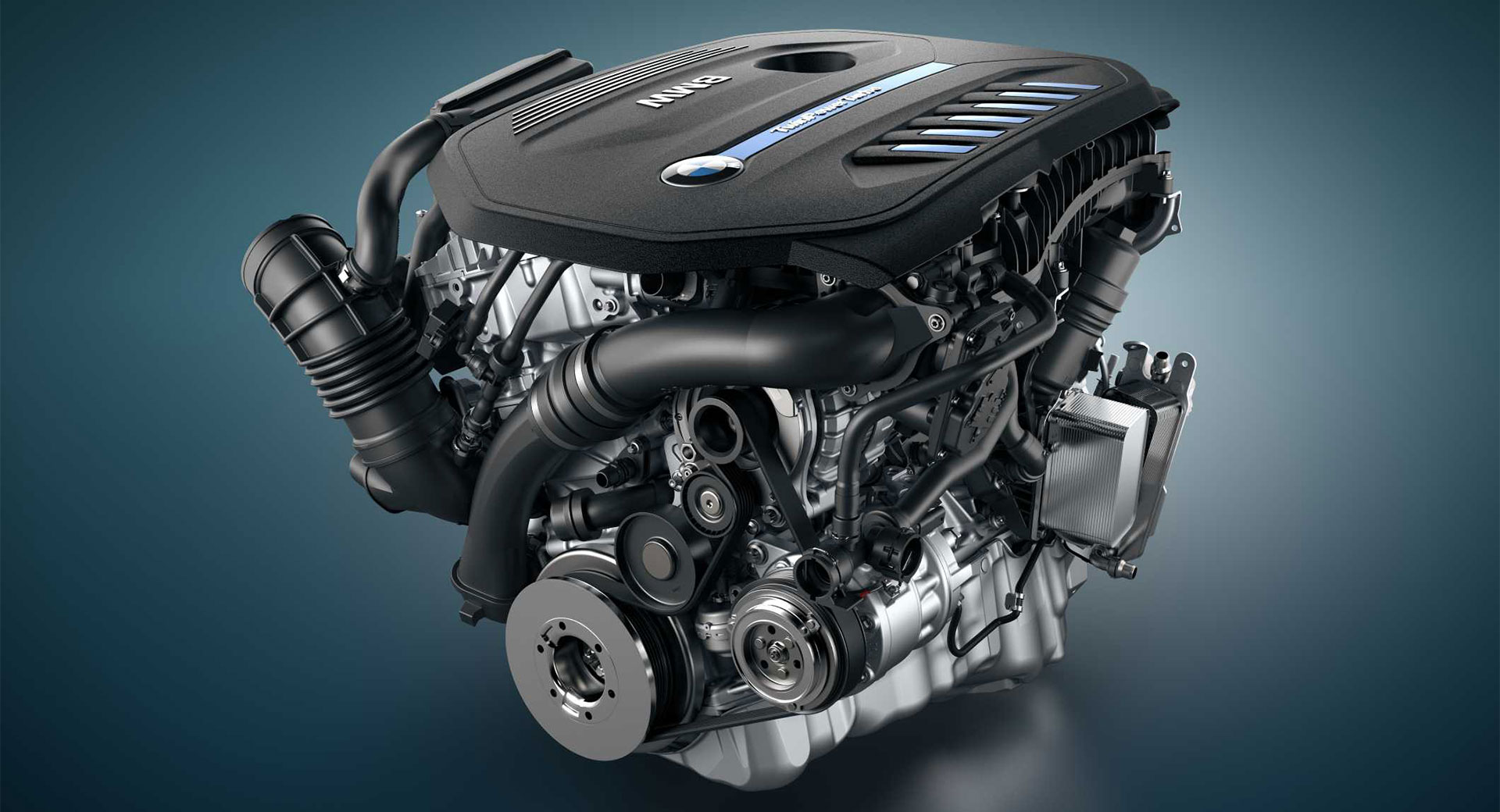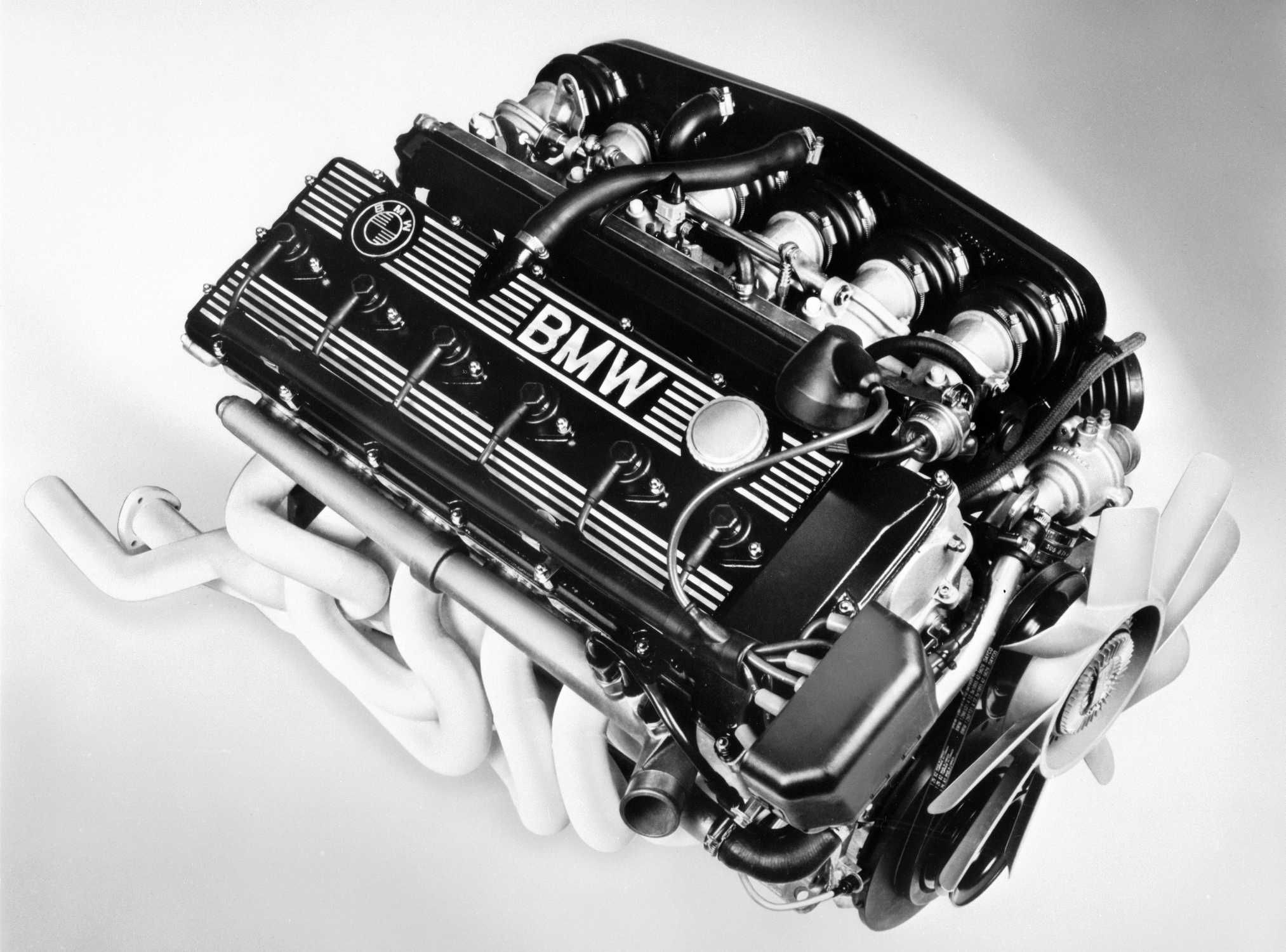Typical Issues Dealt With by BMW Engine Owners and How to Fix Them
Typical Issues Dealt With by BMW Engine Owners and How to Fix Them
Blog Article
Revealing the Intricacies of Next-Generation Power Units: a Deep Dive Into Advanced Engine Innovations and layouts
As we stand on the precipice of a brand-new period in transport, the ins and outs of next-generation engine layouts bid us to discover the advanced technologies and innovations that assure to redefine the driving experience. Digging much deeper into the worlds of exhaust control, intelligent engine monitoring systems, and the horizon of power system growth, we discover ourselves on the cusp of a change that promises to improve the landscape of movement as we understand it.
Evolution of Engine Materials

The shift towards advanced engine products has actually also enabled engineers to develop engines with higher power outputs while preserving fuel effectiveness requirements. As an example, using light-weight materials lowers the general weight of the engine, bring about improved gas economy and reduced emissions. Additionally, developments in materials modern technology have permitted much better thermal management within engines, leading to increased dependability and longevity.
Turbocharging and Supercharging Technologies
How do Turbocharging and Supercharging Technologies reinvent engine performance and performance in contemporary cars? Turbocharging and turbo charging are modern technologies that significantly improve engine efficiency by enhancing the amount of air intake right into the burning chamber. Turbocharging accomplishes this by using a wind turbine driven by exhaust gases to pressurize the intake air, while turbo charging uses a belt- or chain-driven compressor to accomplish the same result.
These modern technologies make it possible for smaller sized, more fuel-efficient engines to produce power equal to bigger ones, called downsizing. Forcibly even more air into the cyndrical tubes, turbo charging and turbocharging improve combustion performance, resulting in boosted horsepower and torque result without a significant rise in engine dimension. This leads to far better acceleration, towing ability, and total driving performance.
Moreover, supercharging and turbocharging add to improved fuel effectiveness by allowing the use of smaller engines that consume much less fuel under normal driving conditions - bmw engine. This combination of enhanced performance and effectiveness has made turbocharging and supercharging essential components of lots of modern-day engine layouts
Emission Control and Environmental Impact
With enhancing international problems regarding air high quality and environmental sustainability, the implementation of exhaust control technologies in automobiles plays an important duty in reducing dangerous contaminants launched right into the ambience. Modern automobiles are outfitted with innovative discharge control systems that aid reduce the environmental effect of automobile operations. Catalytic converters, for example, are designed to convert toxic gases such as carbon monoxide, nitrogen oxides, and hydrocarbons right into less unsafe materials like carbon dioxide and water vapor.
Moreover, innovations in engine modern technology, such as the assimilation of exhaust gas recirculation systems and selective catalytic reduction, have actually dramatically contributed to lowering discharges. These technologies function in tandem to optimize combustion effectiveness and lessen the launch of hazardous toxins into the air. Additionally, the development click over here of crossbreed and electric cars stands for a critical step towards minimizing the general environmental footprint of the transport sector.
Intelligent Engine Management Equipment

Additionally, these systems enable lorries to meet strict discharges standards without compromising efficiency, offering a much more eco-friendly driving experience. The combination of expert system and artificial intelligence capacities in engine administration systems proceeds to press the limits of what is feasible, causing additional improvements in performance, dependability, and general vehicle efficiency. bmw engine. As automobile innovation developments, intelligent engine management systems will play a crucial duty fit the future of transportation towards an extra lasting and efficient direction
Future Trends in Power Device Development
As intelligent engine management systems pave the method for boosted control and optimization in modern automobiles, future trends in power system advancement are poised to redefine the landscape of automobile propulsion modern technologies. These alternative power sources provide boosted effectiveness and efficiency while aligning with rigorous ecological laws.
Another considerable trend is the combination of innovative products and producing techniques. Lightweight products such as carbon fiber and light weight aluminum are being used to reduce overall car weight, improving fuel effectiveness and efficiency. Additionally, improvements in 3D printing and additive manufacturing are allowing the production of complex engine parts with greater precision and toughness.
Furthermore, expert system and equipment learning are playing an essential duty in go maximizing power device performance. These modern technologies permit real-time monitoring and adaptive control, causing a lot more reliable and reputable power distribution. On the whole, future patterns in power system growth are tailored in the direction of performance, efficiency, and sustainability, driving the auto industry in the direction of a brand-new period of propulsion modern technologies.

Final Thought
Finally, the improvements in engine materials, turbocharging, emission control, and intelligent administration systems have led the way for next-generation power systems. These advancements have not only better performance and performance yet also reduced environmental impact. As technology remains to advance, future fads in power device advancement are likely to concentrate on further boosting sustainability and maximizing power outcome. The elaborate layouts and technologies in modern-day engines showcase the continuous evolution of auto modern technology.
Discovering the modern improvements in engine materials has actually been critical in improving the performance and effectiveness of modern-day engines. Over the years, the development of engine products has actually played a critical duty in pressing the boundaries of what engines can attain.The shift in the direction of progressed engine products has likewise made it possible for designers to design engines with higher power outcomes while preserving fuel efficiency standards.The application of smart engine management systems in modern-day lorries has actually revolutionized the means engines are managed and maximized for efficiency and effectiveness. By collecting data in real-time and examining it with sophisticated formulas, smart engine monitoring systems can adapt to driving styles, ecological content aspects, and engine wellness to take full advantage of power result while decreasing gas usage and exhausts.
Report this page